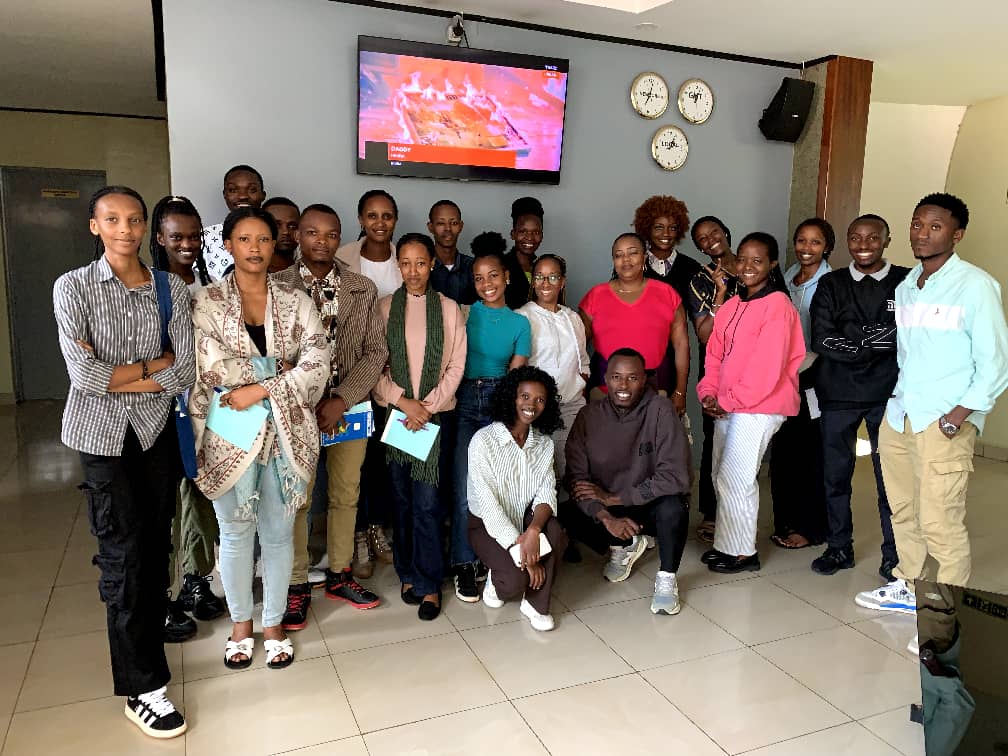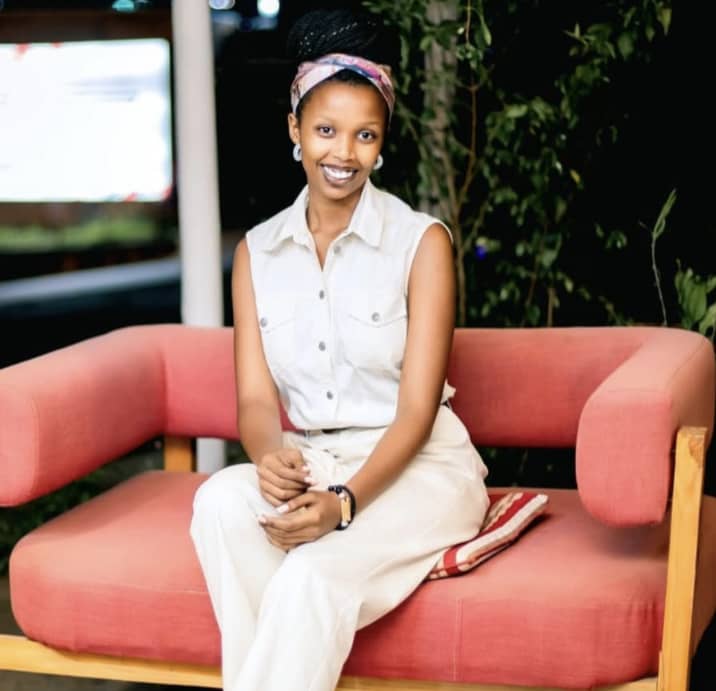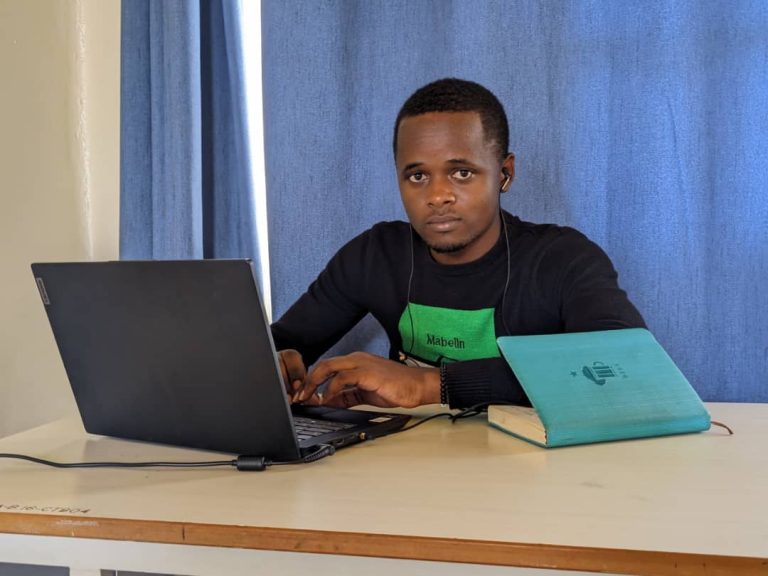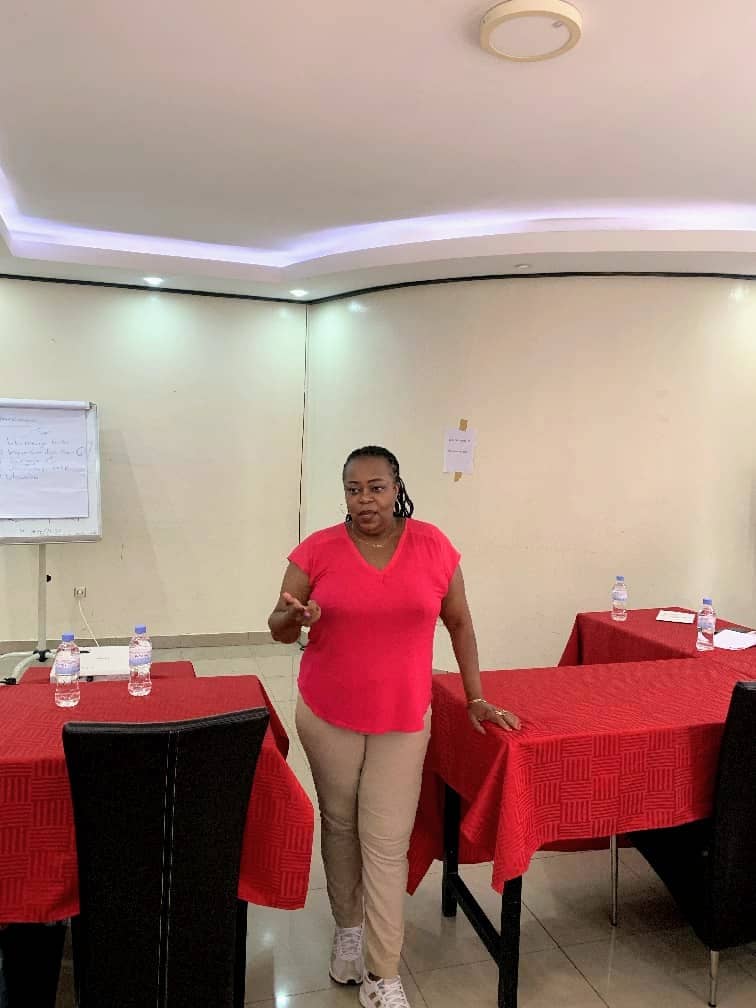Twenty journalism students from Mount Kigali University and the University of Rwanda participated in a three-day gender training held in Huye District from April 14 to 16, 2025. The training aimed to break gender stereotypes and strengthen gender-sensitive reporting among aspiring journalists.

Organised and funded by the Fojo Media Institute through its Rwanda Media Program, the training brought together members of gender clubs from both universities. The sessions focused on helping students understand how to report on gender issues fairly, accurately, and ethically. Key topics included challenging gender stereotypes, addressing sexual harassment, and promoting inclusive and respectful media content.
Trainers highlighted the media’s powerful role in shaping public perception and stressed the importance of instilling gender-sensitive practices early in a journalist’s career.
“This training was very important for us as young journalists,” said Linda Mutavu, a journalism student at Mount Kigali University. “We want to make sure that the stories we tell help to build equality and respect between women and men.”

Participants also engaged in in-depth discussions on how to report on sensitive topics such as sexual harassment with professionalism and empathy.
“Learning how to cover stories of sexual harassment ethically was eye-opening,” said Ishimwe Yarakoze Kepha, a journalism student at the University of Rwanda. “We were taught to prioritize the dignity and safety of survivors, and that’s something I will always carry with me as a journalist.”

According to the lead trainer, Tumwesigire Peace Hillary, founder of Family Magazine, gender activist, and journalist, the training served as a foundation for promoting a more equitable media landscape in Rwanda.
“Journalists have a big role in shaping public opinion,” she said. “When they understand gender issues better, they can help build a more just and equal society.”

Throughout the workshop, students learned how to identify and challenge gender bias in reporting, promote gender balance in sources and narratives, and create media content that fosters respect and inclusion. The training encouraged them to challenge harmful societal beliefs and to use journalism as a tool for positive change.
The recent gender-sensitive journalism training in Huye District is a vital step toward addressing persistent gender disparities both in Rwanda and globally. Despite Rwanda’s commendable achievement of giving equal chances, which is attributed to the emergence of 63.8% of seats in its Chamber of Deputies held by women, the highest worldwide, challenges such as gender-based violence and entrenched societal norms continue to affect many, particularly in rural areas.
Globally, the World Economic Forum’s 2024 Global Gender Gap Report indicates that only 68.5% of the gender gap has been closed, with projections suggesting it could take 131 years to achieve full parity at the current pace. In the media sector, women occupy a mere 3% of influential positions, highlighting the critical need for initiatives that promote gender-sensitive reporting.
By equipping young journalists with the skills to report ethically and inclusively on gender issues, Rwanda is investing in a future where media narratives contribute to a more equitable society. Such training ensures that upcoming media professionals are prepared to challenge stereotypes and advocate for gender equality through their work.
